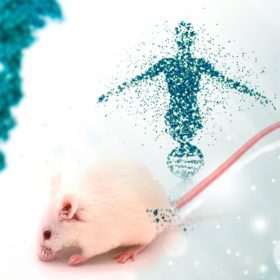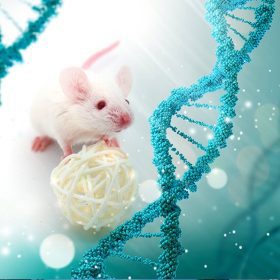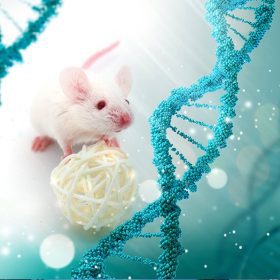Progressive Muscular Dystrophy Mouse Models
Progressive Muscular Dystrophy Mouse Models
- Your cart is empty
- Continue Shopping
Progressive Muscular Dystrophy Mouse Models
Add to cart
Duchenne muscular dystrophy (DMD) is an X-linked recessive disorder involving the heart and respiratory muscles.
The disease is characterized by progressive atrophy and weakness of the proximal skeletal muscles of the extremities, pseudohypertrophy of the gastrocnemius muscles of the lower legs. It can result in death at an average age of 27.
The DMD gene encodes a long rod-shaped cytoskeletal protein, mainly localized on the inner surface of myofibers in skeletal and cardiac muscles.
This anti-myotonic protein aids in maintaining the integrity and flexibility of muscle fibers during contraction and is a component of the myotonic dystrophy protein complex, which plays a crucial role in maintaining cellular structure.
In humans, mutations in this gene can result in Duchenne-type and Becker-type myotonic dystrophy.
GemPharmatech has targeted the mouse DMD gene with CRISPR/Cas9 technique (Dmd-KO, T049591) and generated frameshift mutation(s) of the DMD gene.
These models can be used for screening muscular dystrophy therapeutics or pathophysiological studies of DMD.
Application
- Screening of muscular dystrophy therapeutics
- Pathophysiological studies of muscular dystrophy













